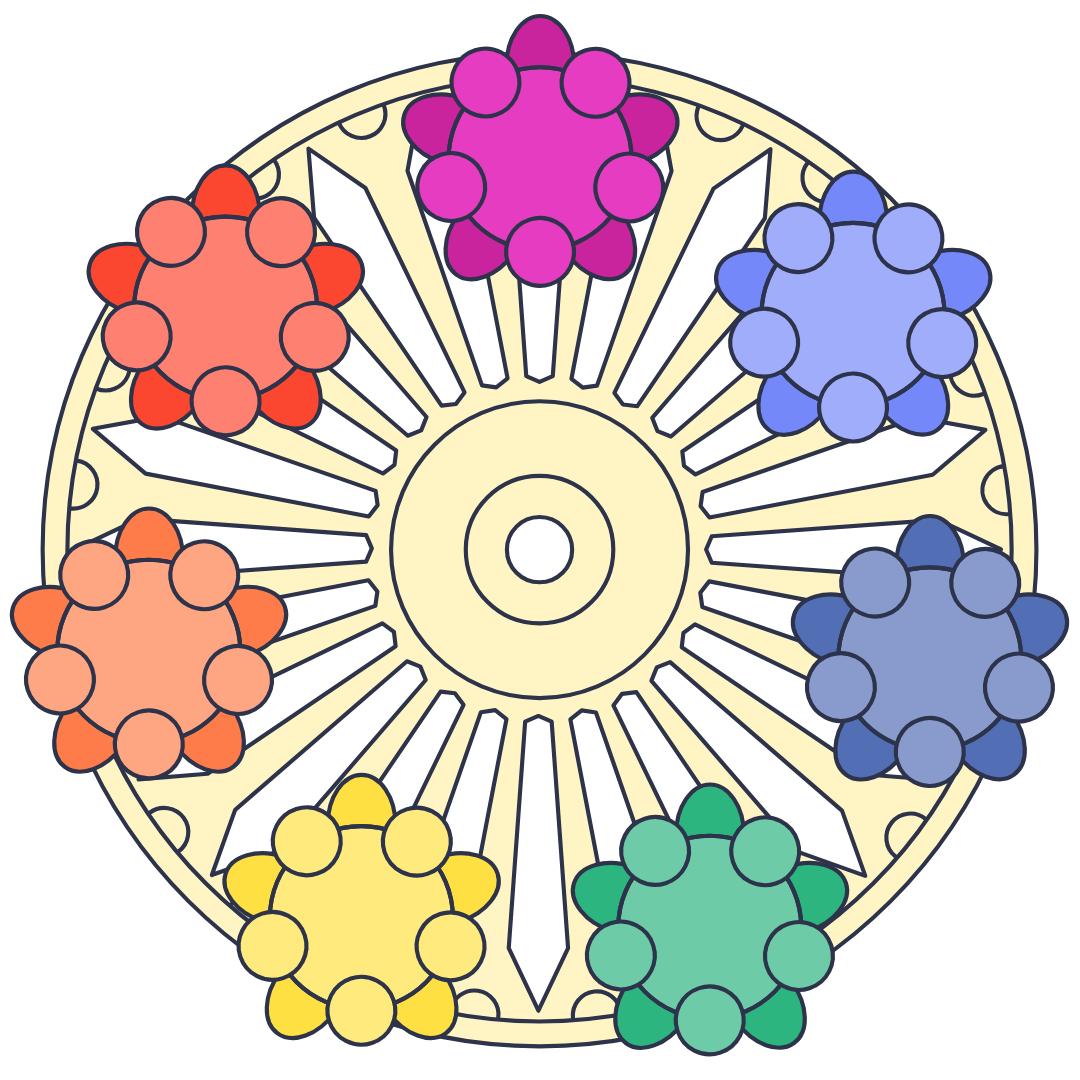Sustainability and circular economy are two concepts that have gained significant attention in recent years as the world grapples with the environmental and social challenges posed by rapid industrialization and urbanization. Sustainability refers to the ability to meet the needs of the present without compromising the ability of future generations to meet their own needs. It encompasses a wide range of issues, including environmental conservation, social equity, and economic prosperity. On the other hand, circular economy is a regenerative system in which resources are kept in use for as long as possible, extracting the maximum value from them while in use, then recovering and regenerating products and materials at the end of each service life. Both sustainability and circular economy are crucial for addressing the pressing environmental issues such as climate change, resource depletion, and pollution.
The UAE’s Efforts in Sustainability
The United Arab Emirates (UAE) has been at the forefront of sustainability efforts in the Middle East region. The country has made significant strides in promoting renewable energy, reducing carbon emissions, and conserving natural resources. One of the key initiatives in this regard is the UAE Vision 2021, which aims to make the country one of the best in the world in terms of sustainability and environmental conservation. The UAE has also invested heavily in renewable energy projects, such as solar and wind power, to reduce its reliance on fossil fuels. Additionally, the country has implemented various policies and regulations to promote sustainable practices in industries, transportation, and construction. These efforts have not only helped to reduce the environmental impact of the UAE but have also positioned the country as a global leader in sustainability.
The UAE’s Transition towards a Circular Economy
In recent years, the UAE has also been making significant strides towards transitioning to a circular economy. The government has launched several initiatives to promote resource efficiency, waste reduction, and recycling. For example, the UAE National Agenda 2021 includes targets for reducing waste generation and increasing recycling rates. The country has also invested in advanced waste management technologies and infrastructure to support the transition towards a circular economy. Furthermore, the UAE has been actively promoting sustainable production and consumption practices through various awareness campaigns and educational programs. These efforts have not only helped to minimize waste and conserve resources but have also created new economic opportunities in industries such as recycling and remanufacturing.
Comparative Analysis of Environmental Impact between Sustainability and Circular Economy
When comparing the environmental impact of sustainability and circular economy, it is important to consider their respective approaches to resource management and waste reduction. Sustainability focuses on minimizing environmental impact by promoting responsible consumption, conservation of natural resources, and reducing carbon emissions. On the other hand, circular economy aims to minimize waste generation by keeping products and materials in use for as long as possible through recycling, remanufacturing, and reusing. While both concepts have their unique strengths, they ultimately complement each other in achieving environmental sustainability. By integrating both approaches, countries like the UAE can effectively reduce their ecological footprint and promote a more sustainable future.
Challenges and Opportunities in Implementing Sustainability and Circular Economy in the UAE
Despite the UAE’s progress in sustainability and circular economy, there are still several challenges that need to be addressed. One of the main challenges is changing consumer behavior and promoting sustainable lifestyles. Many people in the UAE are accustomed to a culture of excess consumption and waste, which poses a significant barrier to achieving sustainability goals. Additionally, there is a need for greater investment in research and development to support innovation in sustainable technologies and practices. However, there are also numerous opportunities for advancing sustainability and circular economy in the UAE. The country’s strategic location and strong economic position provide a solid foundation for implementing sustainable practices and attracting investment in green technologies. Furthermore, the UAE’s commitment to sustainability has created a favorable environment for collaboration with international partners and organizations to exchange knowledge and best practices.
Case Studies of Successful Sustainability and Circular Economy Initiatives in the UAE
The UAE has seen several successful case studies of sustainability and circular economy initiatives that have made a significant impact on environmental conservation and resource management. One notable example is the Masdar City project, which aims to be one of the most sustainable urban developments in the world. The city is designed to be carbon-neutral and powered entirely by renewable energy sources. Another successful initiative is the Dubai Clean Energy Strategy 2050, which aims to make Dubai a global hub for clean energy and green economy. The strategy includes targets for increasing the share of clean energy in Dubai’s energy mix and reducing carbon emissions. Additionally, the UAE has made significant progress in promoting sustainable transportation through initiatives such as electric vehicle infrastructure and public transportation expansion.
Recommendations for Advancing Sustainability and Circular Economy in the UAE
To further advance sustainability and circular economy in the UAE, several recommendations can be considered. Firstly, there is a need for stronger policy frameworks and regulations that promote sustainable practices across all sectors of the economy. This includes implementing incentives for businesses to adopt green technologies and practices, as well as setting clear targets for waste reduction and resource efficiency. Secondly, there is a need for greater investment in research and development to support innovation in sustainable technologies and practices. This includes fostering collaboration between government, industry, and academia to drive technological advancements in areas such as renewable energy, waste management, and sustainable agriculture. Lastly, there is a need for greater public awareness and education on sustainability issues to promote behavioral change and encourage responsible consumption habits among citizens. By implementing these recommendations, the UAE can further solidify its position as a global leader in sustainability and circular economy.

